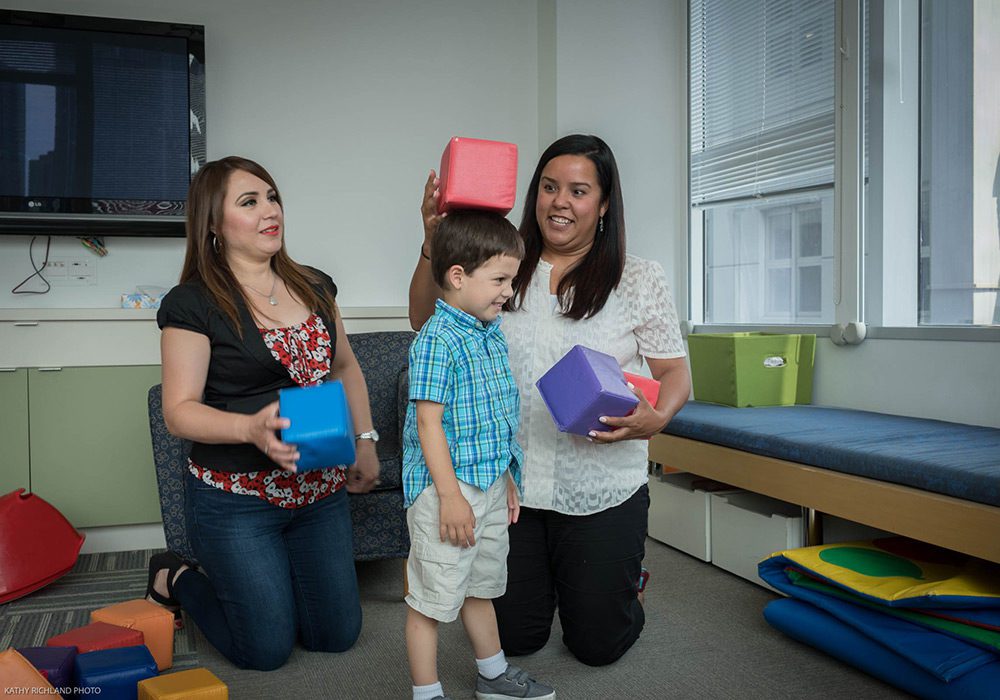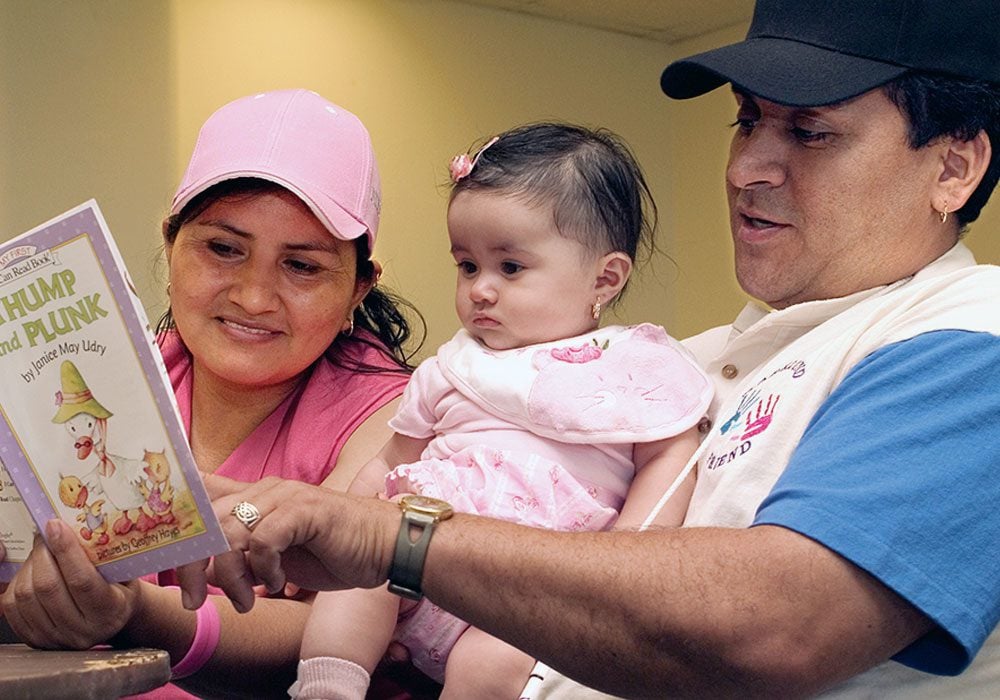
MENTAL HEALTH AND TRAUMA-FOCUSED CLINICAL TRAINING
The mental health needs of families with young children who have experienced trauma, domestic violence, and immigration carry high levels of complexity. That’s why Erikson’s experts help train licensed or license-eligible providers of mental health in child-parent psychotherapy (CPP) for agencies and in supporting the needs of immigrant families.
Whether you are a clinical social worker, mental health counselor, family therapist or psychologist, you will gain new skills and knowledge that you can apply directly into your practice. Our tools and resources help protect the wellbeing of frontline workers while improving best practices for mental health clinicians.

Evidence-based treatment for those who have experienced trauma.
Erikson’s Illinois Child-parent Psychotherapy Learning Collaborative focuses on the use of the child-parent relationship to reduce symptoms of trauma, promote child development, and identify how parents’ early life experiences may impact their interactions with and expectations of their children from birth to age 5.
The CPP learning collaborative brings together clinicians and supervisors to complete training as a team and provide support to one another by identifying how to improve practice and systems in a supportive, peer context. Upon completion, participants can embed CPP practice throughout their agency, deepening the ability to provide therapeutic services and help families recover after stressful and traumatic events.

Social justice focused resources to help you support immigrant families and their young children.
Learn how you as a frontline worker can help immigrant families and their young children with a trauma-focused, developmentally appropriate, diversity-informed, and culturally-responsive training model. Supporting Immigrant Families offers a proactive approach for fear reduction in the provision of services and as an alternative in the absence of humane immigration enforcement policy reform.
The need for support, training, and reflective consultation for providers serving undocumented and mixed-status families with young children continues to grow. Our tools and resources include curated training content to develop foundational skills, self-efficacy tools to identify key areas of improvement, customized training and consultation services to improve best practices, and much more.